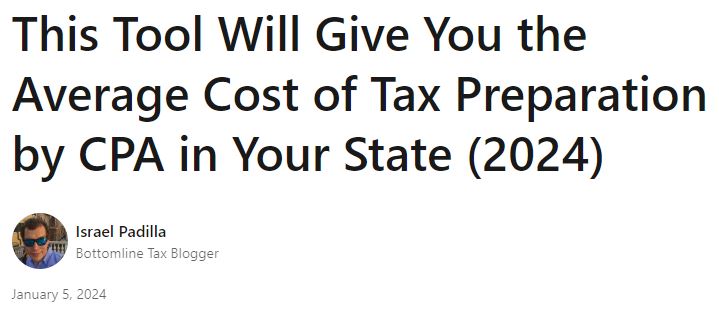Did you miss a tax deadline in California? Think tax extensions.
September 1, 2023I. Introduction
Businesses in California have specific deadlines for filing taxes, which vary depending on the type of business and its tax year. The Franchise Tax Board provides information on these deadlines for various types of businesses, including LLCs, partnerships, corporations, and exempt organizations. For instance, the due date for an S Corporation’s 2022 tax return is March 15, 2023, if it follows a calendar tax year or the 15th day of the 3rd month after the end of its tax year if it follows a fiscal tax year. If a due date falls on a weekend or holiday, the deadline to file and pay is extended to the next business day.
II. California Tax Deadlines
Due dates for LLCs, partnerships, and corporations
Every Limited Liability Company (LLC) that is conducting business or organized in California is required to pay an annual tax of $800. This annual tax will be due even if the LLC is not conducting business until it is canceled. The first-year annual tax must be paid by the 15th day of the 4th month from the date of filing with the Secretary of State (SOS).
Differences between California and Federal Tax Law
California tax law generally conforms to the Internal Revenue Code (IRC) with some modifications. However, there are differences between California and federal tax law when it comes to treating businesses. For example, the due dates for an S Corporation’s 2022 tax return are different for a calendar tax year and a fiscal tax year. If the due date falls on a weekend or holiday, the next business day is considered as the due date for filing and payment.
Another difference is how California selectively conforms to certain changes made under the Tax Cuts and Jobs Act of 2017 (TCJA). These changes impact both California’s Personal Income Tax Laws (PIT Laws) and Corporation Tax Laws (CT Laws). For instance, California has eliminated a taxpayer’s ability to make California-only IRC section 338 elections. Now, if a corporation makes an IRC section 338 election for federal income tax purposes, the election is binding for California CT Law purposes.
III. Tax Extensions in California
Automatic Extensions for Businesses
In the state of California, corporations that are in good standing with both the Franchise Tax Board and the California Secretary of State are granted an automatic extension of six months for their corporate tax. This extension requires no written request. The corporation is then obligated to file its return by the extended deadline, which is October 15 for calendar year taxpayers. For business entities that are not corporations, an automatic extension of seven months is provided.
Procedure to Apply for an Extension
To apply for a filing extension, you must use the online services provided by the California Department of Tax and Fee Administration (CDTFA). You will need a CDTFA Online Services Username or User ID and Password to do this. The request for an extension must be submitted no later than one month after the due date of your return or prepayment form and payment.
IV. Emergency Tax Relief
Individuals and businesses in California that were impacted by the winter storms of 2022-23 are eligible for an extension until October 16, 2023, to file and pay their taxes. The IRS is also offering tax relief to victims of severe winter storms, flooding, landslides, and mudslides in California. Those affected by these events that began on March 9, 2023, now have until October 16, 2023, to file various individual and business tax returns and make tax payments.
To apply for emergency tax relief from the California Department of Tax and Fee Administration (CDTFA), log into their online services webpage using your username and password. Then select your account, click on the “I want to” column, select “More” and then “Submit a Relief Request”. You will receive a confirmation number after submitting your request.
V. Conclusion
It is important to meet tax deadlines and file for extensions if necessary. Filing for an extension can provide additional time to accurately prepare your return and fund certain retirement accounts if you are self-employed. However, it is important to note that while an extension moves the filing deadline ahead by six months, it does not provide additional time to pay any taxes that may be owed on the return. Late-filing penalties can be reduced by filing for an extension.
